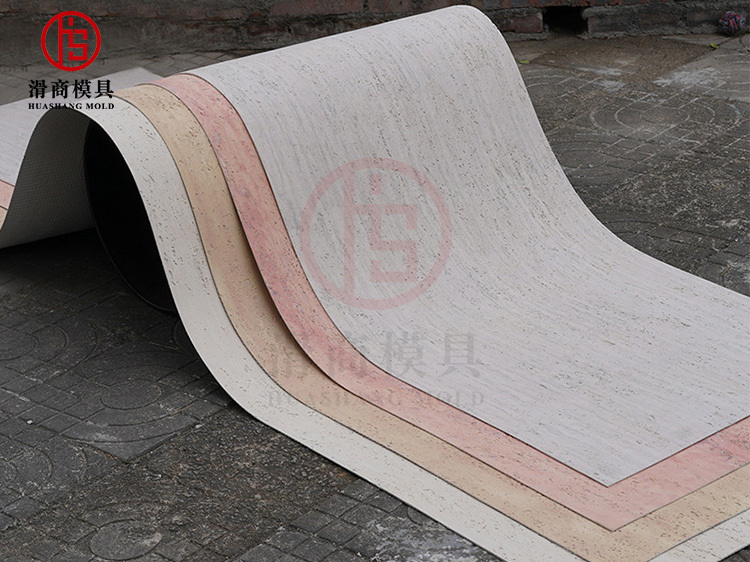1、Lightweight and environmentally friendly
The density of flexible tiles is about 1.6-1.8 g/cm³, while the density of natural stone is usually between 2.5-3 g/cm³, which is about 40%-50% lighter.
In the exterior wall decoration of high-rise buildings, the use of flexible tiles can greatly reduce the wall load and reduce the load-bearing pressure of the building structure. For example, a high-end residential project uses soft porcelain culture stone as exterior wall decoration, which not only reduces the construction difficulty, but also meets the green building certification standards.
2、Strong flexibility
It has good flexibility, suitable for complex shapes such as curved walls, not easy to break, and easy to construct.
The bending strength of soft porcelain culture stone can reach 6-8MPa, and it can adapt to a certain degree of deformation without cracking. In the decoration of curved walls or columns, soft porcelain culture stone can be easily bent and fitted. For example, the curved background wall of a hotel lobby uses soft porcelain culture stone, which perfectly presents the streamlined effect that the designer wants, and traditional stone cannot achieve this shape.
3.Waterproof and moisture-proof
Low water absorption, excellent moisture-proof performance, suitable for humid environments such as bathrooms, kitchens, etc.
The water absorption rate of soft porcelain culture stone is less than 0.5%, which is much lower than that of natural stone (usually 1%-3%), and it has excellent waterproof performance.
In humid environments such as bathrooms and kitchens, soft porcelain culture stone performs well. For example, the bathroom wall of a villa is made of soft porcelain culture stone, which remains intact after years of use, without falling off or mildew.
